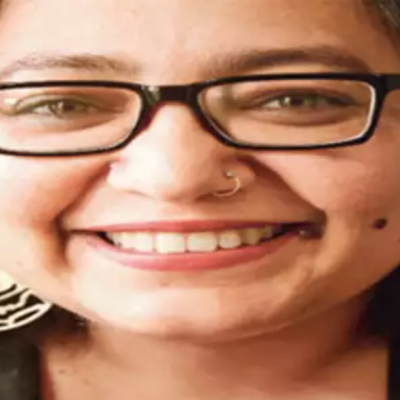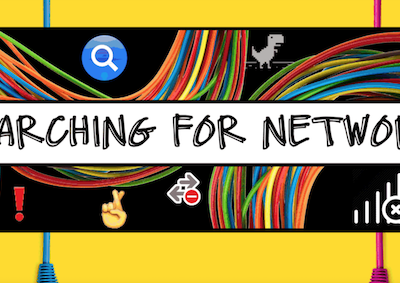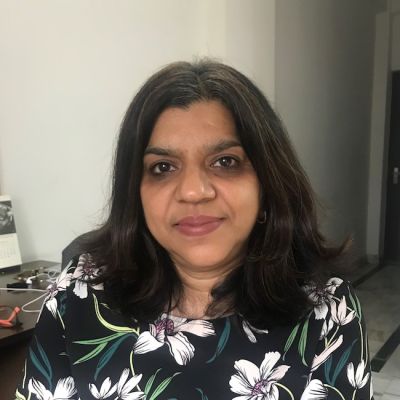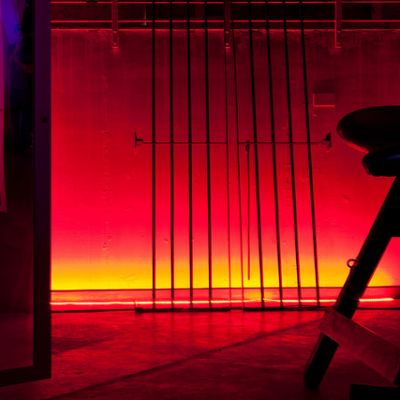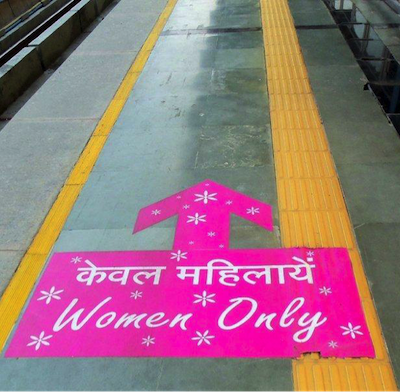Public Space and Sexuality
In our mid-month issue Shilpa Phadke brings us an interesting mix of ideas woven from narratives of pleasure, danger, and resistance, among others, with regard to the digital streets of online spaces, and explores the conditions of possibility that will allow us to have fun in the online public space that is the Internet…
The war continues as queer collectives, LGBTQ support groups, and college students across the country rally for safer, more inclusive educational institutions.
Therefore, the question of safe spaces and alternative families is pertinent to queer identities, that are so much more than imagined by a single dominant narrative.
निष्कर्ष के रूप में – आनंद और जोखिम के बारे में विचार उन तरीकों के लिए महत्वपूर्ण हैं जिनमें जेंडर और यौनिकता सार्वजनिक और निजी स्थान के बारे में विचारों के साथ अन्तःक्रिया करते हैं। हालाँकि इनमें से कुछ प्रश्न पुराने लगते हैं, सार्वजनिक स्थलों पर प्रतिस्पर्धा के दावों पर सार्वजनिक बहस में नए सिरे से जारी रहते हैं। सार्वजनिक और निजी स्थानों के बारे में विचार उन तरीकों को भी फटकारते हैं जिनमें जाति और वर्ग सम्मान के बारे में विचारों को आकार देते हैं, इस प्रकार कुछ स्थानों को ‘सुरक्षित’ और दूसरों को ‘जोखिम भरे’ के रूप में चिह्नित करते हैं।
This question is for the women. Have you ever sat in the ladies compartment of a Bombay local train and cried quietly, oddly comforted by a crowd of unknown women?
To claim the public then in arbitrary, messy and oppositional ways, whether on the streets or online is to challenge the neoliberal impulse which is located in the creation of order. To create place, to stake claim, thwarts the desires for the sanitised neoliberal city and is a politics.
बाद में जब वह आदमी अपने गंतव्य स्थान पर उतर गया, तो मैंने उस दंपति से अपने असभ्य होने के लिए माफ़ी मांगी। मैं अभी भी दयनीय और असहाय महसूस करती हूँ कि मैंने उस आदमी के उत्पीड़न के लिए और अधिक प्रतिक्रिया क्यों नहीं व्यक्त की और अपने असली स्वभाव को दबाकर क्यों रखा।
Essentially, the ‘reclaim the night’ or ‘take back the night’ movement fights for a woman’s right to be out and about post sunset.
While some of these questions seem old, they continue to be renewed in public debate on competing claims to public spaces. Ideas about public and private spaces also speak to the ways in which caste and class shape ideas about respectability, thus marking some places as ‘safe’ and others as ‘risky’.
‘आप मटरगश्ती (लॉयटर) क्यों करना चाहेंगे?’ नारीवादी शोधकर्ता, अभिभावक, शिक्षक और सक्रियतावादी डॉ॰ शिल्पा फडके से पूछने के लिए एक बढ़िया सवाल है।
Thus, you take to the Internet, with its vast landscape of possibilities, and it becomes your means of finding queer solidarity, queer friendships, and even queer love.
The Internet is as public a space as any other – fraught with its own set of complexities – and the stigmas and moral judgments that plague our immediate physical environment often permeate into it, whether subconsciously or not.
Dr. Kalpana Viswanath, researcher, and urban safety and gender rights activist, shares her thoughts on issues of Public Safety and Sexuality with In Plainspeak. Co-founder and CEO of SafetiPin, a social enterprise that uses data and technology to build safer, more inclusive and smart cities, Kalpana has led large gender rights projects globally.
Will I write openly about what is or is not done, what is or is not meaningful when it comes to sexuality? Yes. Will I talk about BDSM and kink as a way of life, despite it being taboo for discussion? Yes, I will talk about BDSM and kink, and many other things as well, but I will not evangelise for them.
As renowned queer scholar Judith Butler said, “For those who are still looking to become possible, possibility is a necessity.” This is essential but also easier said than done.





